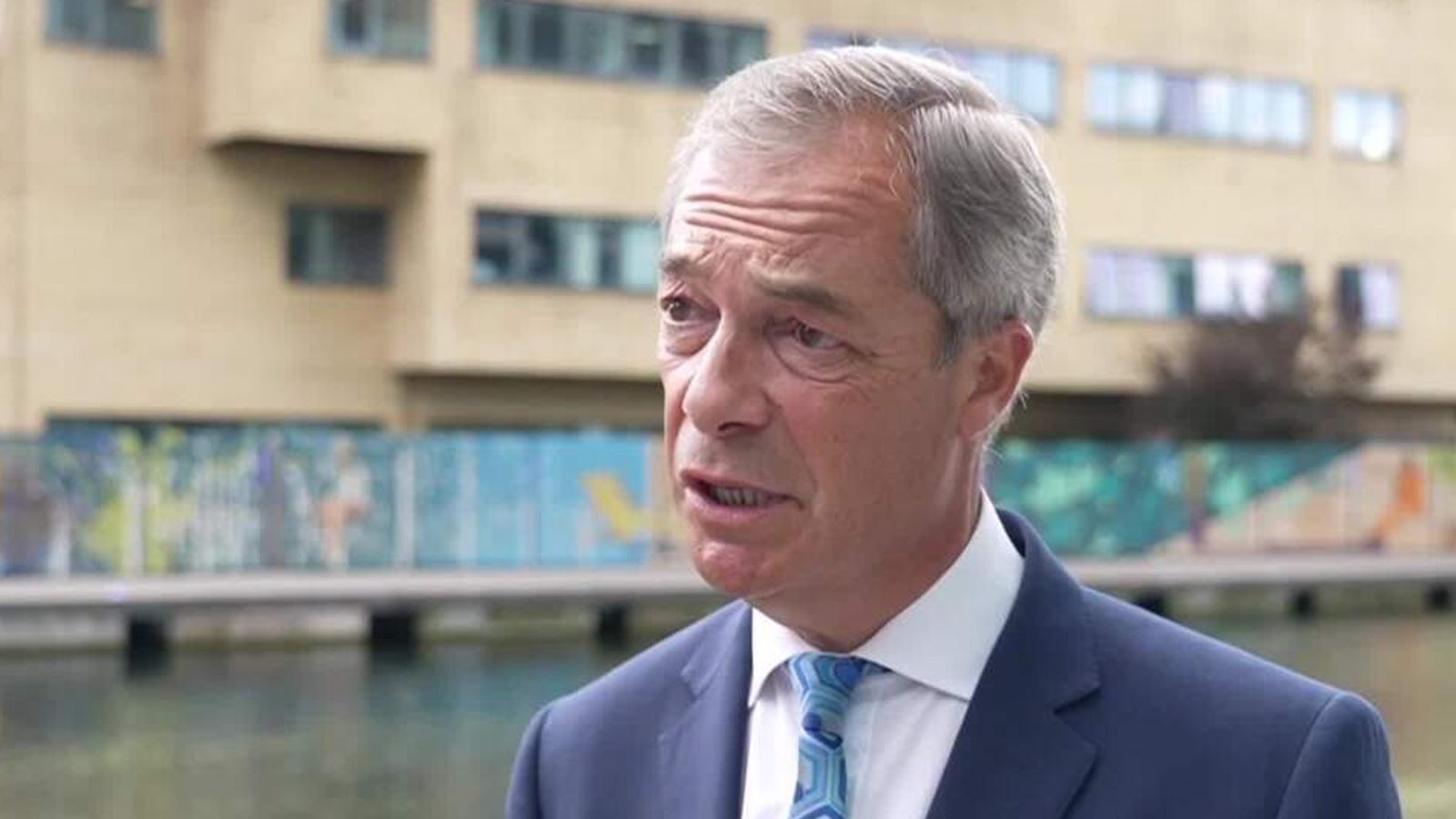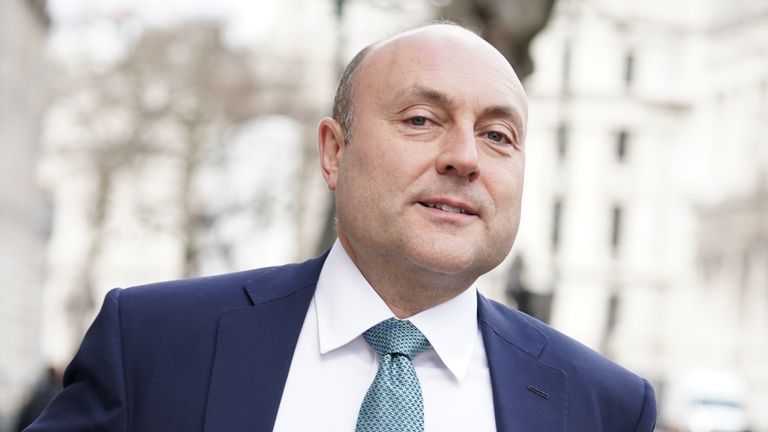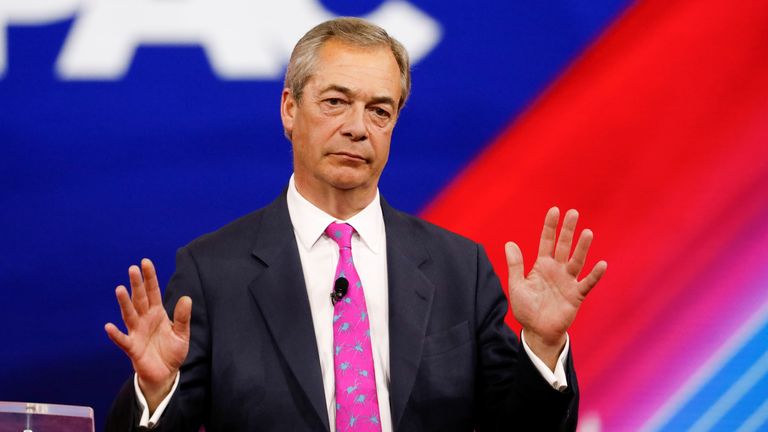Bank chiefs have been summoned by City Minister Andrew Griffith to discuss how customers can be protected from being “de-banked” after Coutts terminated its relationship with Nigel Farage.
Mr Griffith is expected to write to the bosses of 19 banks, building societies and digital challengers warning that the government will “take all action necessary” to crack down on accounts being closed in response to customers’ political views.
He said that regulations around politically exposed persons, or PEPs, are “being applied in a disproportionate manner by some financial institutions”.
It comes after the former UKIP and Brexit Party leader received a 40-page dossier from the private bank Coutts – which is owned by NatWest Group – indicating that his bank account was closed because his views did not align with the firm’s “values”.
Mr Farage said the bank regarded him as “xenophobic and racist” and a former “fascist” and accused the NatWest Group of passing his personal and financial data to the BBC.
Last week, the Treasury announced reforms designed to give customers greater protections, give them more time to challenge decisions or to find replacement banks.
New measures include making banks explain why they are shutting an account, and extending the notice period from 30 days to 90 days.
Read more:
Coutts hits back amid Nigel Farage bank account row
Key points from Coutts’ dossier
Nigel Farage calls bank’s apology ‘a start’ but ‘no way near enough’
While the reforms have yet to be enacted legally, they appear to have been accelerated in response to Mr Farage’s experience, which sparked outrage among senior Tory MPs.
Mr Griffith has told banks including NatWest, Lloyds Banking Group, Santander and HSBC that the government “expects” that “firms should seek to take action on this policy as soon as possible and make best endeavours to implement” it.
Other chief executives expected to be called include those at TSB, Metro, Allied Irish, Danske Bank and Bank of Ireland, while the heads of digital finance outfits at Monzo, Starling, Chase, PayPal, Revolut and Wise will also be called to the Treasury.
In his letter Mr Griffith says: “I am calling a roundtable at the earliest opportunity to hear your views on how you and your firms will ensure that customers can access payment accounts without fear of being de-banked for their lawful expression, and necessary actions to be taken to implement the reforms announced.”
Mr Farage received an apology from NatWest chief executive Dame Alison Rose for “deeply inappropriate comments” about him in official papers.
In a statement on 20 July, Coutts said its policy does not “close customer accounts solely on the basis of legally held political and personal views”.


